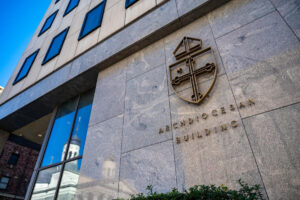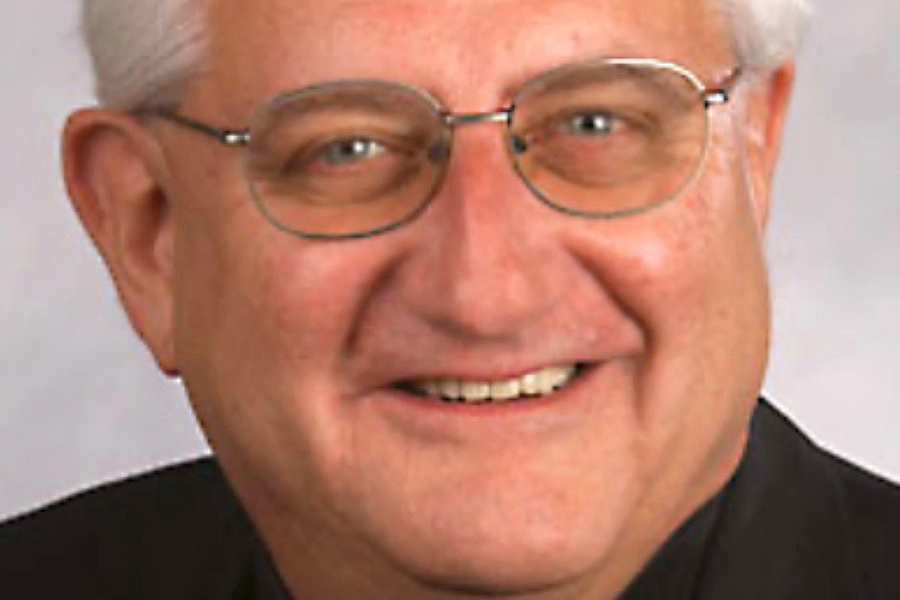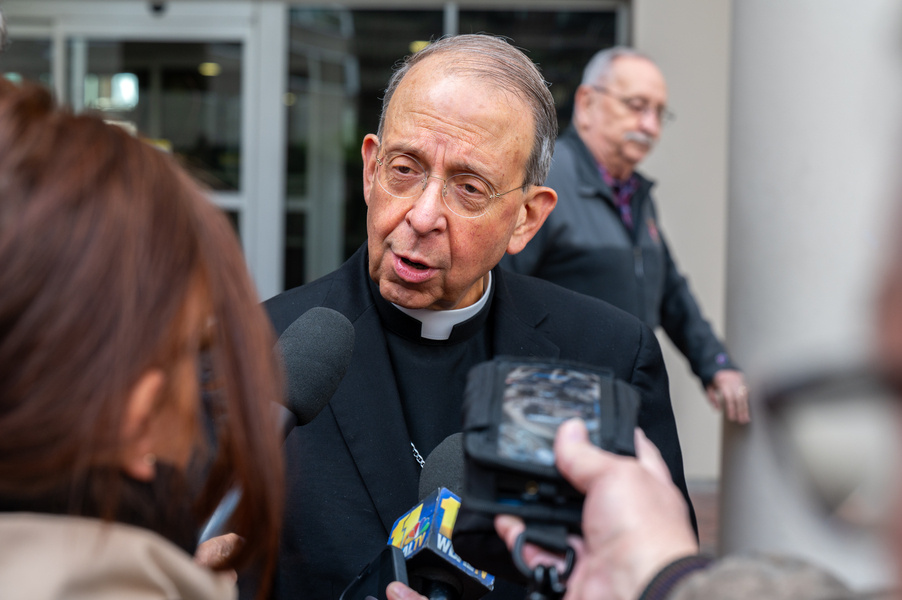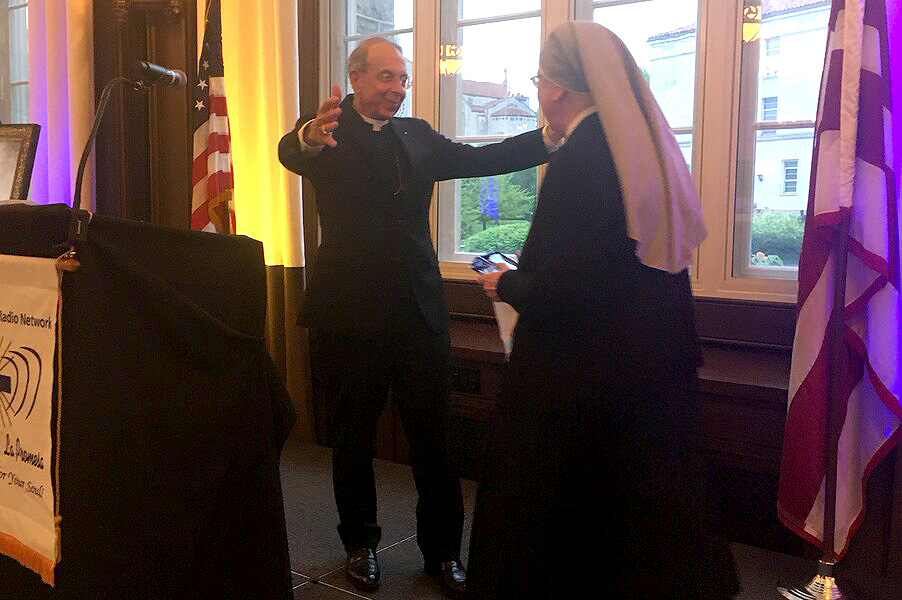The audit for the Archdiocese of Baltimore’s fiscal year that ended June 30, 2023, showed a surplus of $11.8 million, largely due to the strong stock market that year.
“We controlled expenses well. For the most part, we were on budget,” said John Matera, chief financial officer.
“Interest rates took off. That increased our investment incomes and our long-term valuations.”
The surplus included $4.6 million gain in the lay and priests’ retirement plans, due to market conditions, with about a 10 percent annual return on invested funds. Similarly, the insurance program showed a surplus of $4.9 million, with a 5.5 percent return.
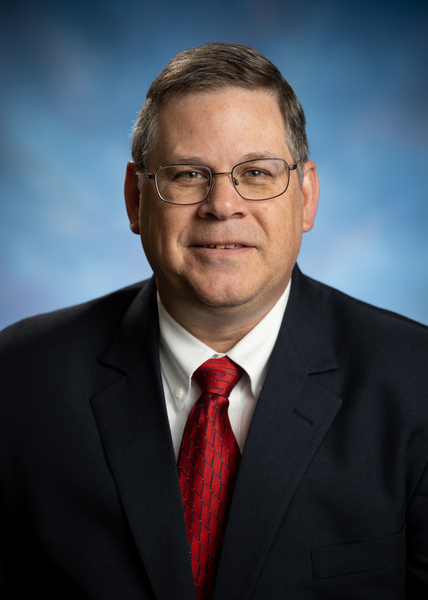
Matera said offertory collections at parishes, of which a portion is sent to the archdiocese as the cathedraticum, were consistent with or slightly higher than projections. “The decrease was less than expected,” he said, noting that Christmas fell on a Sunday in 2022, during the 2023 fiscal year. That often creates a shortfall for parishes, because many parishioners don’t make an extra donation for that regular Sunday collection.
He said that as the bar date for claims in the archdiocese’s Chapter 11 reorganization nears, “We’re obviously controlling our costs, but we always have. The sources that run our day-to-day operations have not changed.”
Even without knowing exactly how much the archdiocese will contribute to any settlement plan, “We know our long-term wealth will be less. A lot of our flexibility to help parishes and schools when they need aid, maybe won’t be there,” Matera said.
He said the Seek the City initiative that is underway to plan for parish and worship sites in the city will have “zero impact on day-to-day operations” at the Catholic Center. Even if some parishes merge and eventually repurpose or sell property, those funds will stay with the new parish structures.
“The one area where we have the biggest financial challenge is the underfunded lay retirement program,” Matera said. In cases where parishes owe the retirement program, funds may be applied to that.
The Archdiocese of Baltimore again received high marks from the Voice of the Faithful for financial transparency and lay governance via the archdiocesan finance council.
VOTF, a lay organization started in Massachusetts in the wake of the exposure of clergy sexual abuse scandals in 2002, has focused in recent years on transparency and accountability.
In its 2023 reports, the organization analyzed diocesan websites and financial reports to analyze the performance of 176 dioceses or archdioceses in the U.S.
The Archdiocese of Baltimore tied for 12th place for financial transparency, with a score of 96 percent.
Matera said the archdiocese has always followed canon law regarding the archdiocesan finance council (called the Board of Financial Administration in the archdiocese) and audits.
“(VOTF) is measuring things we always identified as a priority. One of our goals is to be as transparent as we can,” he said. “It’s nice to see a third party come in and see that as well.”
He said BOFA members discussed the elements of the VOTF methodology on which the archdiocese was marked down. “There were a couple things we changed and a couple we didn’t,” he said, noting, for example, that while BOFA members’ names have been posted on the archdiocesan website for many years, the finance council agendas have been added to the website. He also noted that VOTF calls for finance committee members to have five-year terms, but that’s longer than the three-year terms the archdiocese already has.
Matera said BOFA members were comfortable with the archdiocese’s financial transparency, even after discussing VOTF’s concerns.
In VOTF’s governance report, which measured lay involvement in governance via diocesan finance councils, the archdiocese ranked 13th out of 176 dioceses in the country.
Matera said that standardization in key areas has been essential in the archdiocese’s success in financial accountability. With standard software and procedures in human resources, parishioner management and accounting, parishes can share pastors and business personnel because systems are consistent from one to the other. Similar systems benefit schools in tracking students and parents, and financial aid applications.
He said that back around 2000, the archdiocese looked at statistics predicting the likelihood that eventually more than one parish would be run by the same priest – a scenario which has come true in the archdiocese as parishes have been grouped into pastorates with a single pastor and leadership team.
“It’s nice that you have those synergies” of consistent temporal systems Matera said, noting that regional controllers from the Catholic Center assist parishes as well.
Read More Local News
Copyright © 2024 Catholic Review Media
